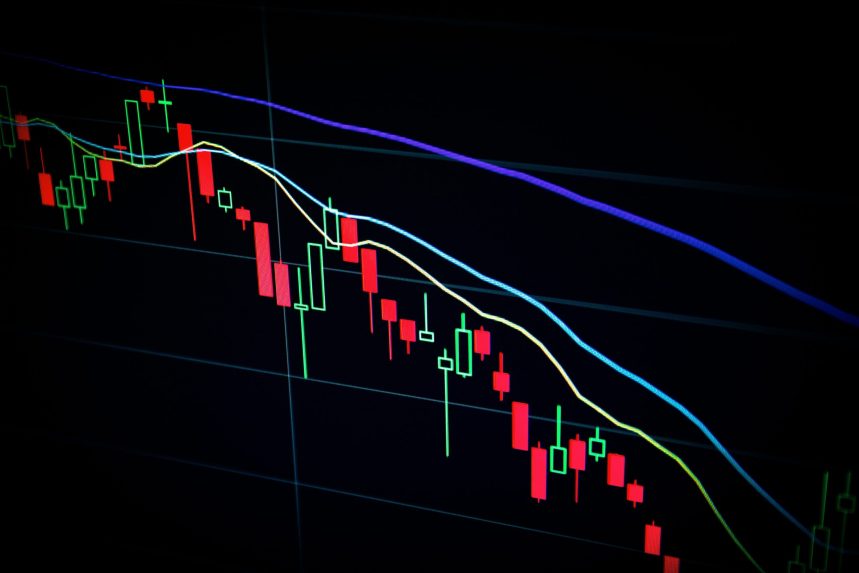On-chain data shows the Bitcoin estimated leverage ratio has taken a plunge recently; here’s what this could mean for the market.
Bitcoin’s Estimated Leverage Ratio Has Sharply Declined Recently
As an analyst in a CryptoQuant post pointed out, the leverage has dropped in the market despite the rally. The relevant indicator here is the “estimated leverage ratio,” which measures the ratio between the Bitcoin open interest and the total amount of BTC stored in all derivative exchanges’ wallets.
The “open interest” refers to the total BTC margined futures contracts currently open on all derivative exchanges. This metric accounts for both short and long contracts.
The estimated leverage ratio tells us the average amount of leverage used by futures market users right now. When the value of this metric is high, it means the average contract holder is taking on high leverage currently.
Such a trend suggests that market participants are getting bold and willing to take on a high risk. Generally, high leverage can cause the market to become unstable. Thus, the price experiences high volatility when these conditions form.
On the other hand, low ratio values imply users need to use more leverage currently. Naturally, the price is usually calmer when this trend is observed.
Now, here is a chart that shows the trend in the Bitcoin estimated leverage ratio over the last few years:
Looks like the value of the metric has sharply gone down in recent days | Source: CryptoQuant
As displayed in the above graph, the Bitcoin estimated leverage ratio had a pretty high value when the rally started in January of this year but has since been only going down.
There have been two significant plunges in the metric so far; the first occurred just as the rally began. This sharp decline was because the sudden sharp rally liquidated the high amount of short contracts that had piled up during the bear market lows, thus wiping out a lot of leverage.
This event was an example of a “liquidation squeeze.” During a squeeze, a sudden price move triggers mass liquidations that only end up feeding said price to move further, and thus, cause even more liquidations in the process.
When leverage piles up in the market, squeezes become more probable. This is the reason why the market can get more volatile when the leverage is at elevated levels.
The chart shows that the other plunge has come just during the last few days, where BTC has witnessed a high degree of volatility, with the price fluctuating wildly both up and down.
This trend of the leverage ratio only going down with the rally is somewhat unusual. Past rallies have generally accompanied the indicator following an overall upwards trend because of investors FOMOing in and opening up high-leverage positions.
As for what this strange trend in the metric may say about the current Bitcoin market, the quant thinks, “latecomers who get greedy and use crazy leverages are not here yet.”
BTC Price
At the time of writing, Bitcoin is trading around $25,100, up 20% in the last week.
BTC displays volatility | Source: BTCUSD on TradingView
